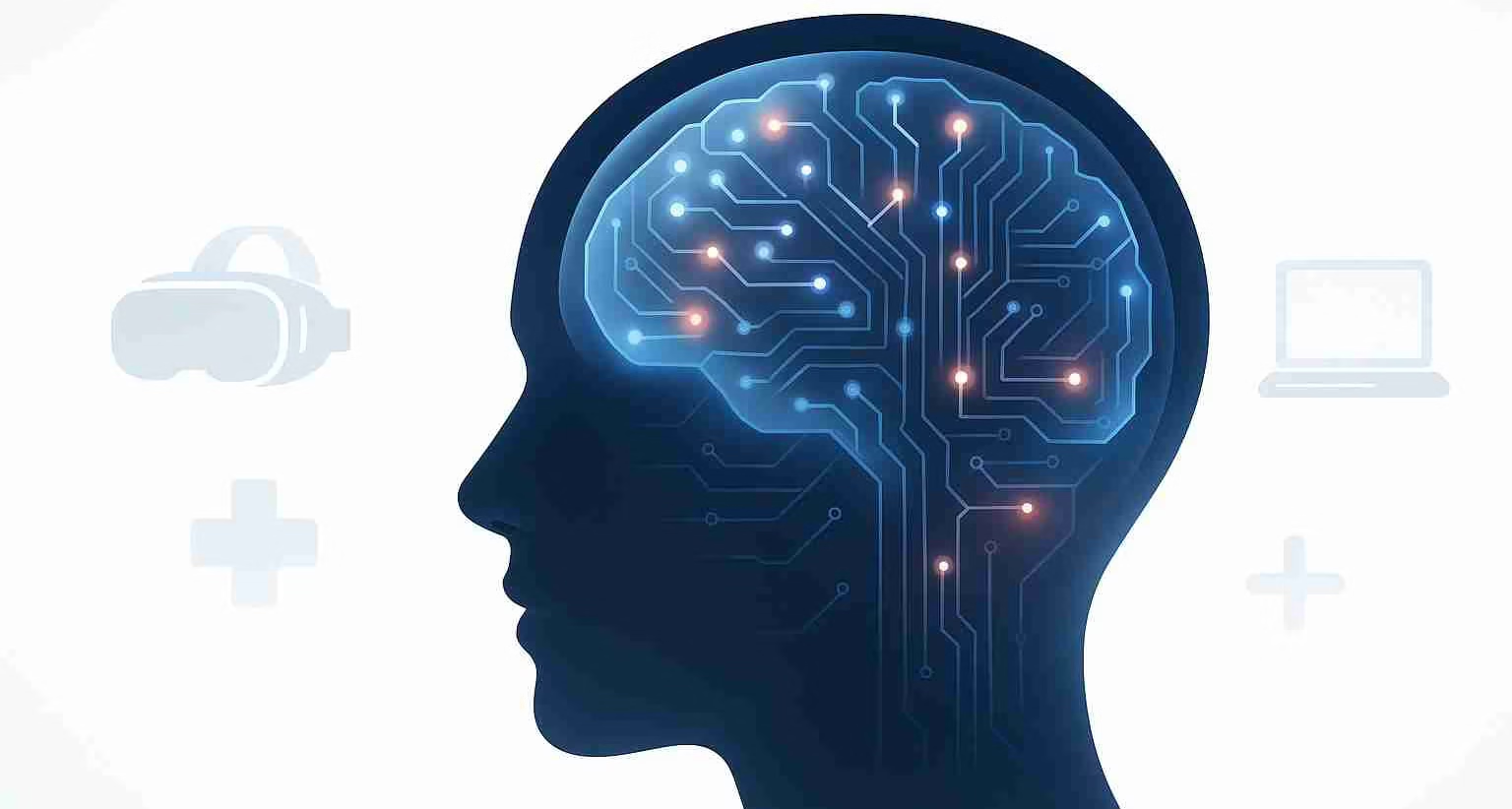The Rise of Brain-Computer Interfaces in 2025: Revolutionizing Gaming, Healthcare, and Work

The Rise of Brain-Computer Interfaces in 2025: Revolutionizing Gaming, Healthcare, and Work
Brain-Computer Interfaces: The Next Tech Frontier
In 2025, brain-computer interfaces (BCIs) are transforming how we interact with technology, from immersive gaming to life-changing healthcare solutions. By connecting human brains directly to devices, BCIs are redefining industries. BytesWall explores the latest BCI breakthroughs, their applications, and what’s next for this revolutionary tech. For more tech trends, check out our insights on tech innovation.
BCI Applications Transforming Industries
Gaming: Immersive Experiences
BCIs are taking gaming to new heights in 2025. Companies like Neuralink and Neurable have launched headsets that translate brain signals into game controls, enabling players to navigate virtual worlds with their thoughts. Neurable’s MW75 Neuro headset, released in March 2025, offers latency under 20ms, creating seamless VR experiences. A 2025 study by Gartner predicts 30% of new games will support BCI controls by 2027.
Healthcare: Restoring and Enhancing Lives
In healthcare, BCIs are a game-changer. Neuralink’s 2025 trials enabled paraplegic patients to control prosthetic limbs with 90% accuracy, while Synchron’s Stentrode implant restored communication for ALS patients. These advancements are reducing recovery times and improving quality of life, with FDA approvals accelerating adoption.
Work: Boosting Productivity
BCIs are streamlining workflows. Kernel’s Flow headset, used in corporate settings, analyzes brain activity to optimize focus, reporting a 25% productivity boost in 2025 pilot programs. From coding to design, BCIs are enhancing human-computer interaction. Explore tech’s workplace impact in our skills guide.
Key Players in the BCI Revolution
Leading companies are driving BCI innovation in 2025:
Top BCI Innovators
- Neuralink: Advanced human trials for motor control implants, targeting paralysis treatment.
- Synchron: Expanded Stentrode deployments for communication restoration in neurological disorders.
- Neurable: Launched consumer-grade BCI headsets for gaming and wellness, priced at $499.
- Kernel: Scaled Flow headsets for workplace productivity, adopted by 20% of tech firms.
BCI Milestones for 2025–2027
Upcoming BCI Breakthroughs
- Late 2025: Neuralink plans commercial rollout of its Blindsight implant for vision restoration.
- Mid-2026: Synchron aims to integrate BCIs with AI assistants for real-time communication.
- Early 2027: Neurable targets fully thought-controlled AR gaming platforms.
Challenges and Opportunities
BCIs face hurdles but offer immense potential:
Key Considerations
- Ethics: Privacy concerns around brain data require robust regulations.
- Cost: High-end implants cost $50,000+, though consumer headsets are dropping below $500.
- Skills Gap: Demand for BCI engineers is up 45% in 2025, per LinkedIn data.
Opportunities include upskilling in BCI development via platforms like Coursera or collaborating with innovators to shape the future.
Join the BCI Revolution
Brain-computer interfaces are redefining technology in 2025. Whether you’re a gamer, healthcare professional, or tech enthusiast, now’s the time to explore BCIs. Connect with BytesWall at [contact@byteswall.com] to share your BCI ideas or collaborate on tech content!
Join the BCI Conversation
How will BCIs transform your industry? Share your thoughts below with #BCI2025!
Discover more tech trends at BytesWall.com—your gateway to the future!


Maya K.
BCI gaming sounds incredible! Can’t wait to try Neurable’s headset.
Rahul S.
Healthcare applications are inspiring. Thanks for the deep dive into BCIs!